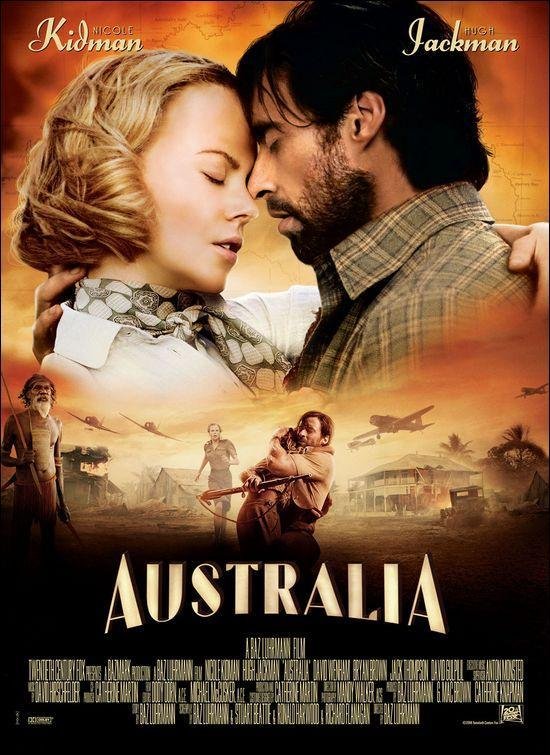Australia, an epic

Image
Baz Luhrmann's epic Australia (2008) is a cinematic feast that showcases the filmmaker's technical prowess and unique ability to transport audiences to another era.
Spanning northern Australia before and during World War II, Luhrmann saturates the screen with sweeping vistas of the rugged outback countryside photographed in lush digital color. The landscape itself seems like a vibrant character.
At the center of this grand setting are powerful performances by Nicole Kidman as a British aristocrat and Hugh Jackman as a rugged cattle driver, who together propel the sweeping romance.

Image
Luhrmann combines sweeping action scenes, such as mass cattle drives and air raids, with deeply moving melodrama that explores class, race and the legacy of colonization. No moment seems small in scale or significance.
While some dismiss it as overblown, to me Australia feels like a world-transporting adventure that combines poignant emotion with the scope of an epic blockbuster the likes of which has never been seen before or since. It is a true cinematic experience.
A technical marvel starring Kidman and Jackman, Australia is destined to be rediscovered as a prestige drama that deserves to be considered among the great canvases of cinema.

Image
At the 2009 Academy Awards, Australia earned two nominations, for costume design and original score, which it lost.
However, it was recognized at the BAFTAs, where it won the Production Design award. Kidman took home the Golden Globe for Best Dramatic Actress. She was enthusiastically received by international festivals.
Commercially, it performed well, grossing $211 million domestically and $212 million internationally, a profit of more than $200 million against a budget of $130 million.
While some considered it too bombastic, over time it has gained more admirers for how it immerses viewers in another time and place like no other film.
0
0
0.000
0 comments